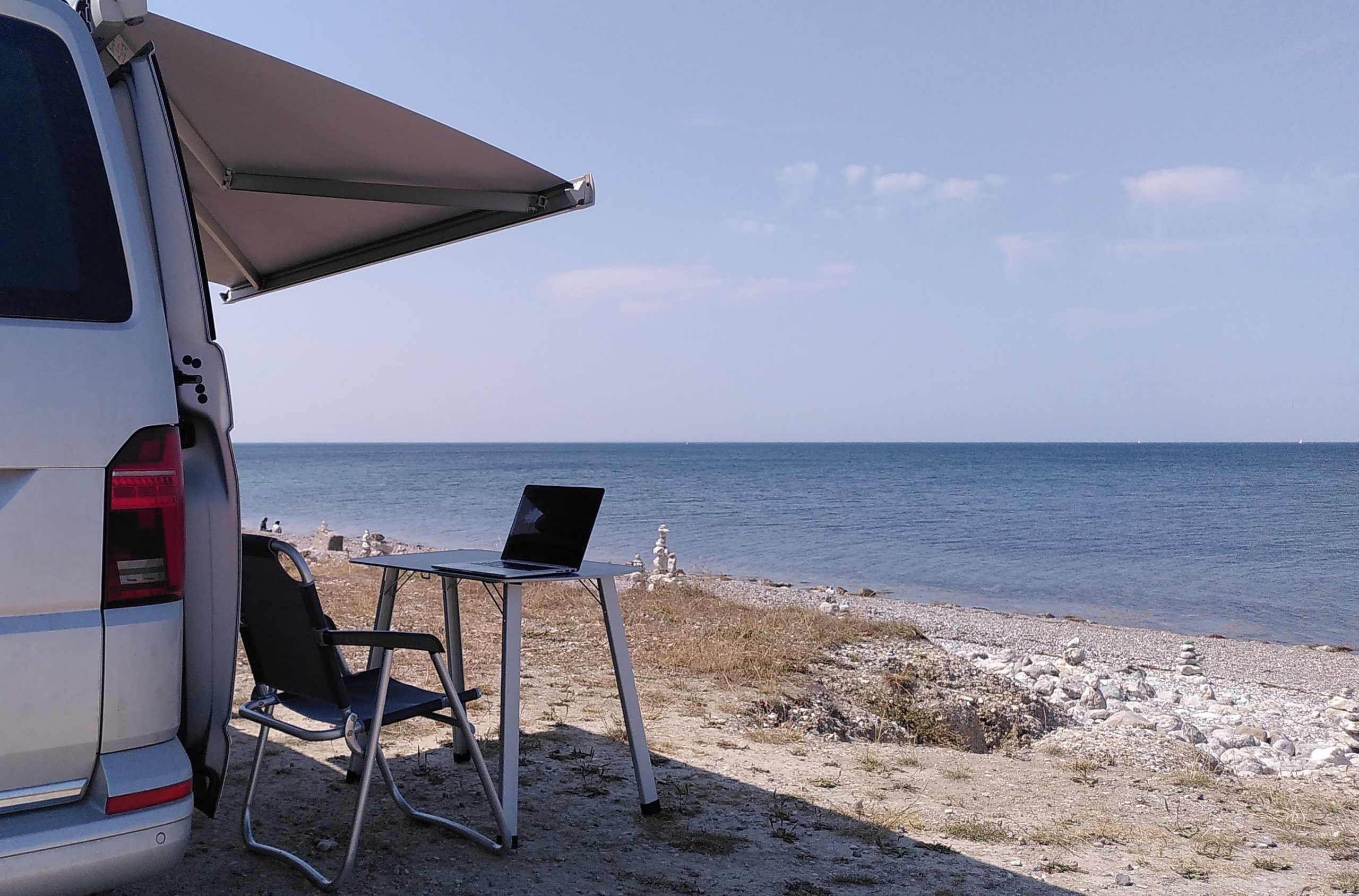Projects by famous architect Frank Gehry are always completed on time and on budget. That’s not because he only does small and easy things – for example, he designed the Guggenheim Museum Bilbao.
But what he does do is prepare carefully. It might take several years for Mr. Gehry to plan, build scale models, and solve engineering challenges. That all happens cheaply before the construction team moves in with thousands of people and heavy machinery. Sometimes, this preparation means a project is not done. That’s because Gehry will discover in advance that the project as envisioned cannot be completed with the time and budget available.
We’ve just wasted $10 million of taxpayer money for several years in a row here in Denmark because nobody here works like Frank Gehry. The politicians decided to allocate money for “AI signature projects,” and nothing came of them in 2020. So, they allocated another $10 million in 2021. Same result. In 2022, another $10 million was wasted.
The money would not have been wasted if these projects generated new knowledge. But they didn’t. They spent money on data scientists and programmers only to discover afterward either that they did not have the data they needed to train their AIs or that their use of AI violated existing legislation and citizens’ rights.
That could have been discovered cheaply before the programmers started coding. But everybody wanted to run the project. When you are considering a project in your organization, especially in a fashionable technology like AI, you need an independent outsider to review your business case. That’s one of the things I do for my customers. Get in touch to hear more.










